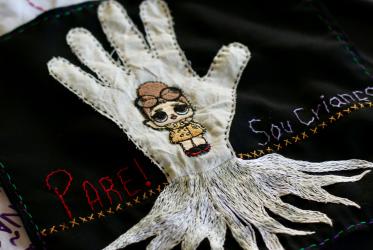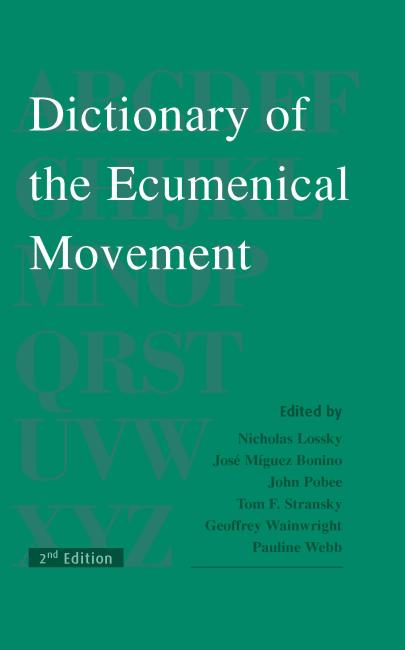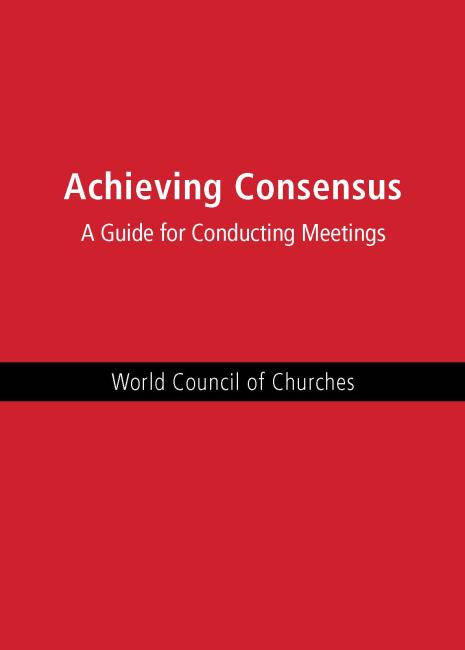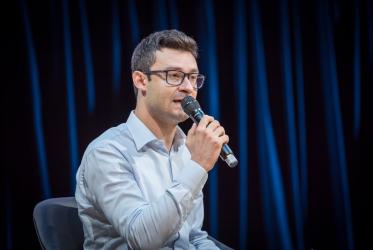Displaying 41 - 60 of 283
HIV and AIDS Civil Society Networks and the Faith Sector
Lessons Learnt from Strategic Engagement in India, Dominican Republic, Indonesia, and Jamaica
31 January 2023
As Bethlehem prepares for Christmas, ‘it’s all about community’
08 December 2022
Thursdays in Black Bible Study: Solomon’s Wisdom in Judgment
08 December 2022
Dictionary of the Ecumenical Movement (2nd Edition)
28 November 2022
Towards a Global Vision of the Church Volume I
Explorations on Global Christianity and Ecclesiology, Faith and Order Paper 234
14 November 2022
Simone de Giuseppe: “I’m still working for ecumenism in Italy”
16 September 2022
Hospitality and encounter: The rich welcome of German churches
15 September 2022
Christ’s Love (Re)moves Borders – GETI 2022 in images
13 September 2022
Health-Promoting Churches Volume III
Contextual Bible Studies on Health and Healing
04 September 2022















